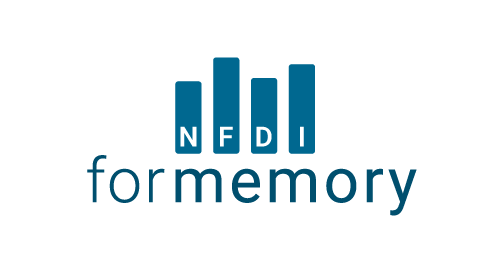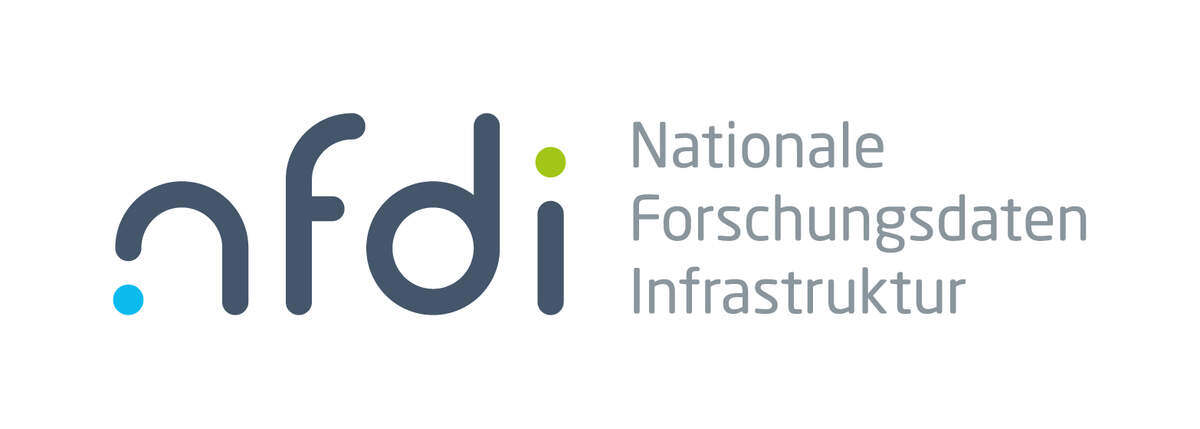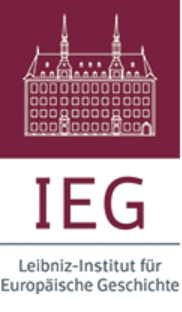TA4 develops specialised methodological innovation and activities to enhance data literacy (DL) in historically oriented research and teaching by addressing the challenges and methodological implications of the digital turn for historical scholarship described by our community. Nearly half of the collected problem stories were explicitly or implicitly concerned with issues of DL and sustainable RDM. TA4 will promote data literacy by developing a DL competence profile for historically oriented researchers and a sustainable and certified DL training catalogue with training courses and materials geared towards specific target groups. Following Ridsdale et al. 2015, we understand “data literacy” as “the ability to collect, manage, evaluate, and apply data in a critical manner”. Although DL and, specifically, data criticism are essential skills for nearly all sectors and disciplines of the global knowledge-based economy, DL distinctively affects the historically oriented disciplines’ methodological self-conception. Using the historical method to reconstruct and analyse past events in different world regions at varying geographic scales distinguishes history from fiction. Sound historical scholarship depends on a rigorous, careful application of the “critical historical method” as the basis for historical hermeneutics, historical knowledge production and communicating knowledge about the past (4memory 2023).

Laura Döring
- Institution: Servicecenter eSciences, Trier University
- Email: doeringl@uni-trier.de
- Telefon: 0651-201-1818












